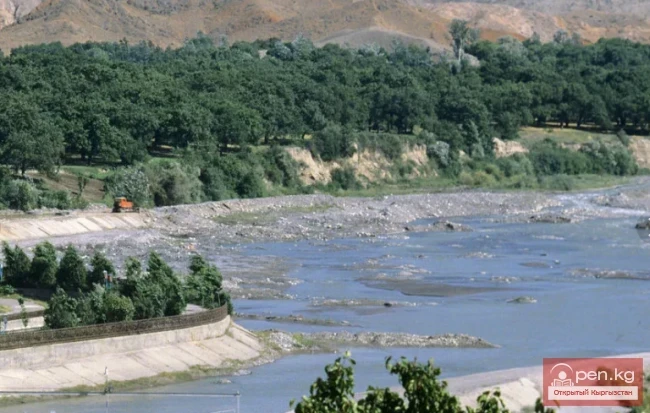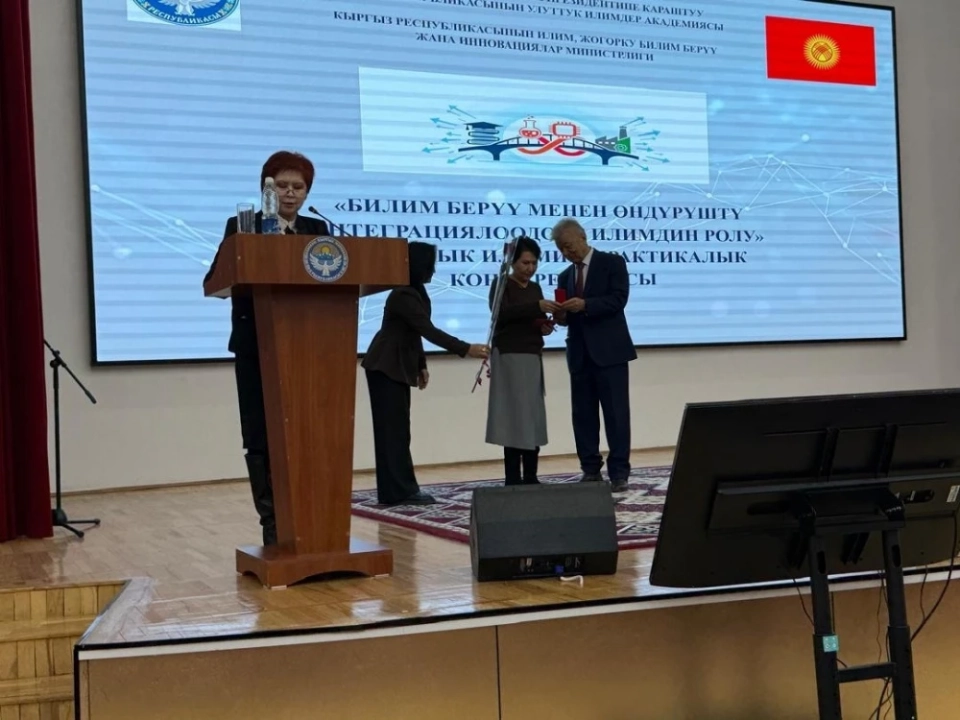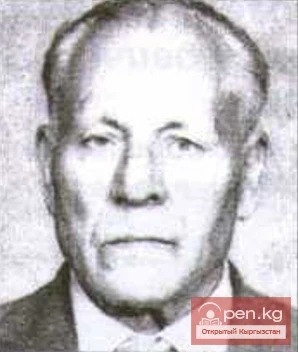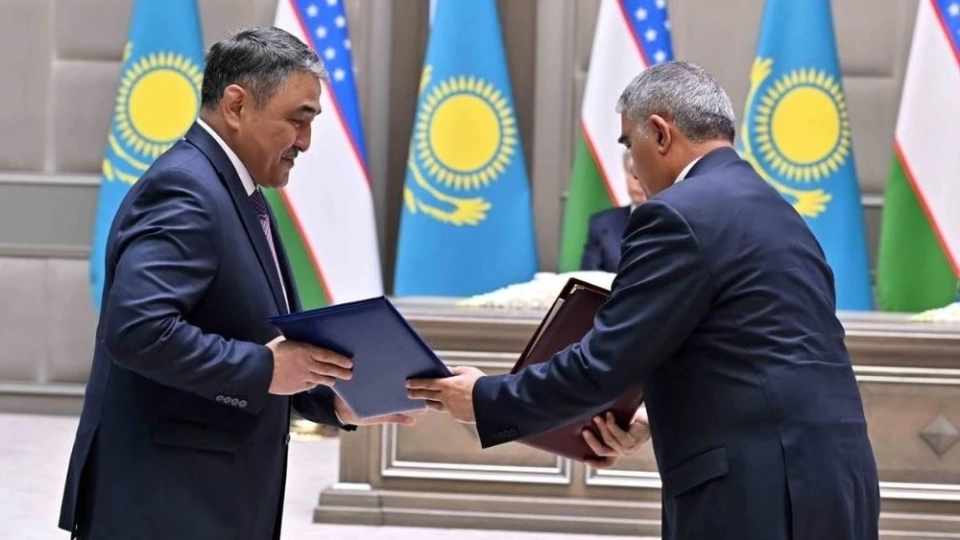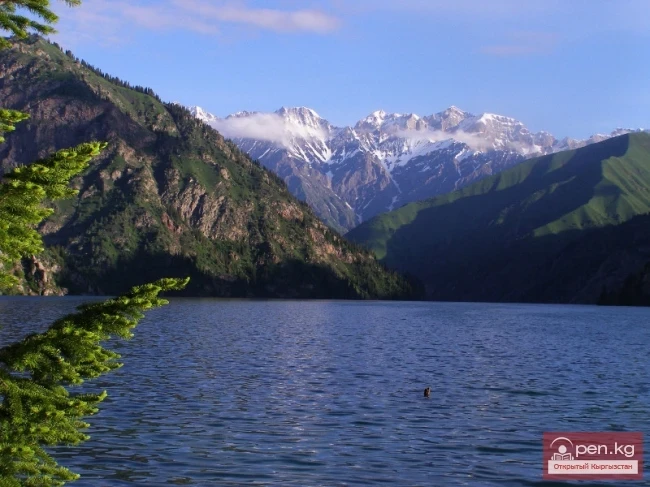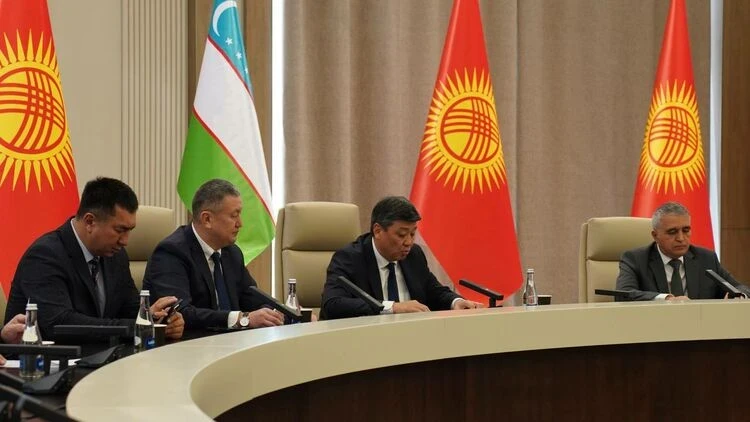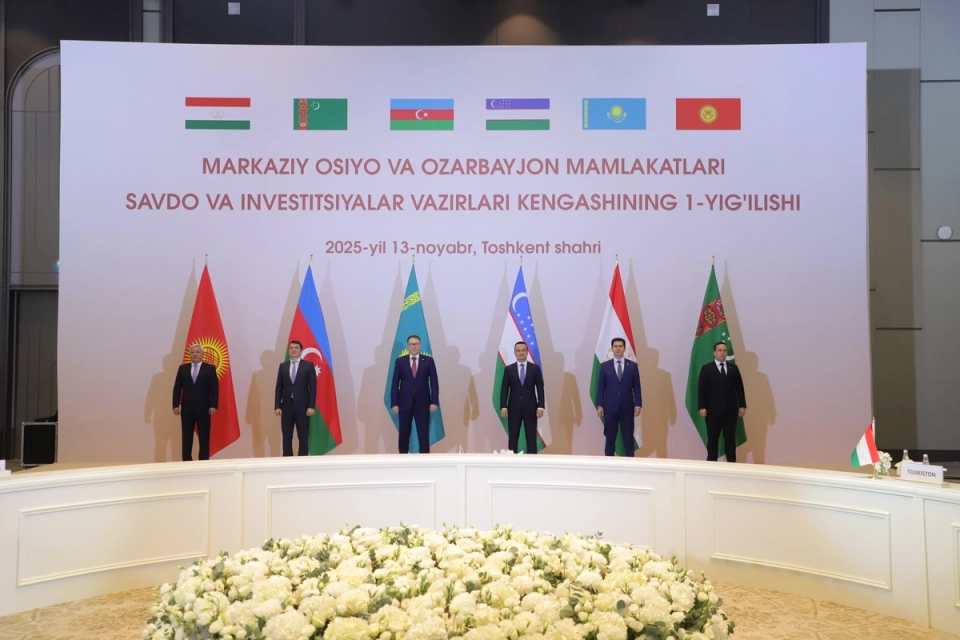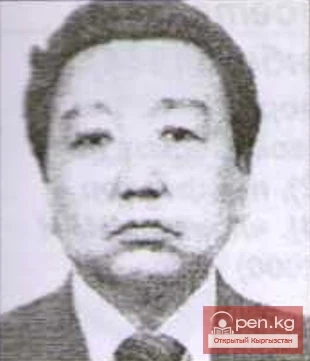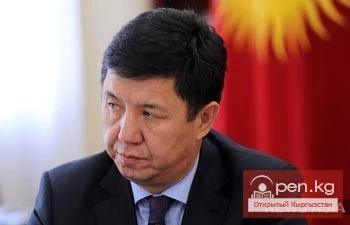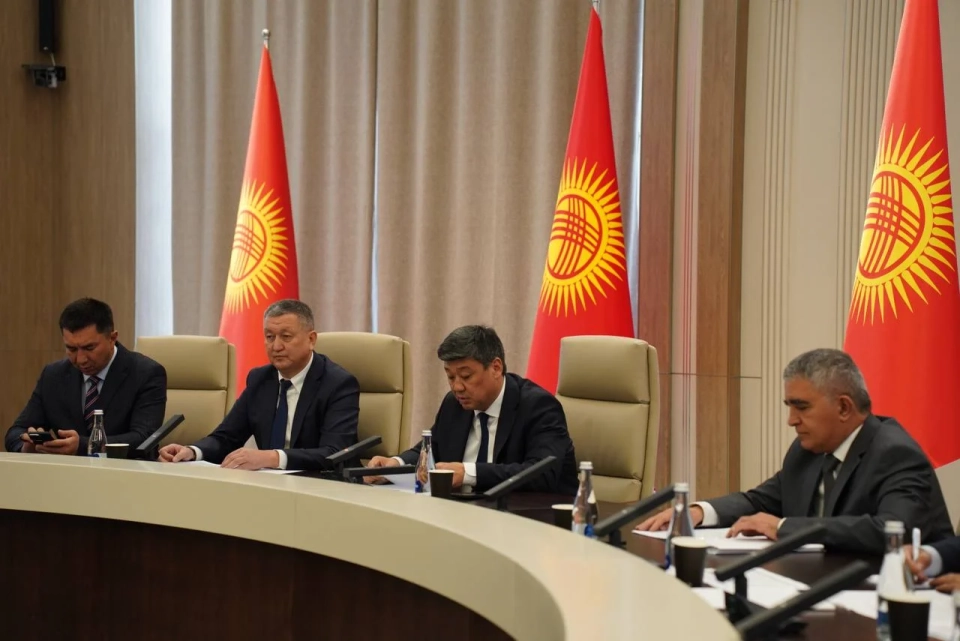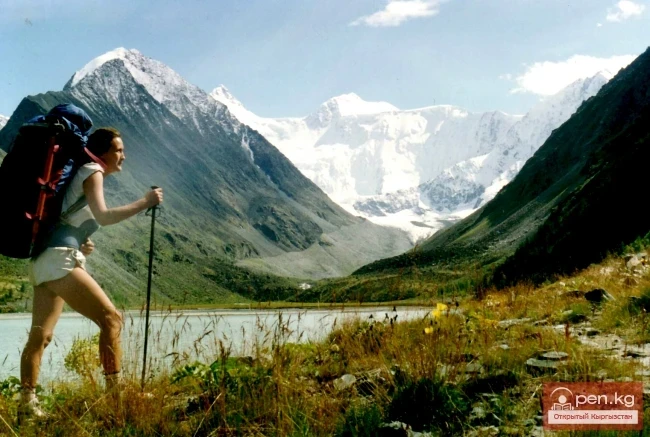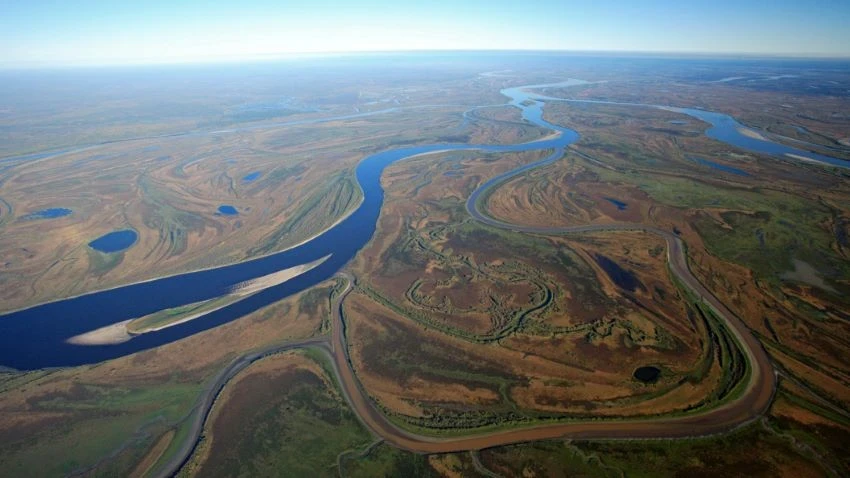
Scientists intend to propose to the Ministry of Education and Science of Russia to include funding for the necessary research in the state plan.
Illustrative photo
Viktor Danilov-Danilyan, scientific director of the Institute of Water Problems of the RAS, reported that the Department of Earth Sciences will take on the scientific aspects of the project to redirect the river flow of the Ob River to Uzbekistan.
Experts will analyze issues related to the strategic planning of water resources in Russia, including the consequences and opportunities of large inter-basin and transboundary water transfers, as well as the impact on climate, ecosystems, and socio-economic development of the participating countries.
During the meeting, participants highlighted the most promising projects, such as redistributing part of the flow of the Ob River to the Aral region, located on the border of Uzbekistan and Kazakhstan. The rivers Pechora and Northern Dvina were also discussed, which could be directed to the basin of the Volga River and further to the Sea of Azov. Unlike Soviet initiatives involving open canals, scientists proposed developing a closed pipeline system made of polymer materials.
RAS Academician Robert Nigmatulin noted that there is a growing shortage of water and electricity in Central Asia, leading to desertification and risks of destabilization in the region.
According to him, it is proposed to use only part of the flow from Siberian rivers to address the water scarcity issue in Central Asia, which will also reduce the thermal load on the Arctic region. "This step could simultaneously eliminate water shortages and benefit the ecology," the scientist added.
The total investment in the project is estimated to be around 100 billion dollars.
